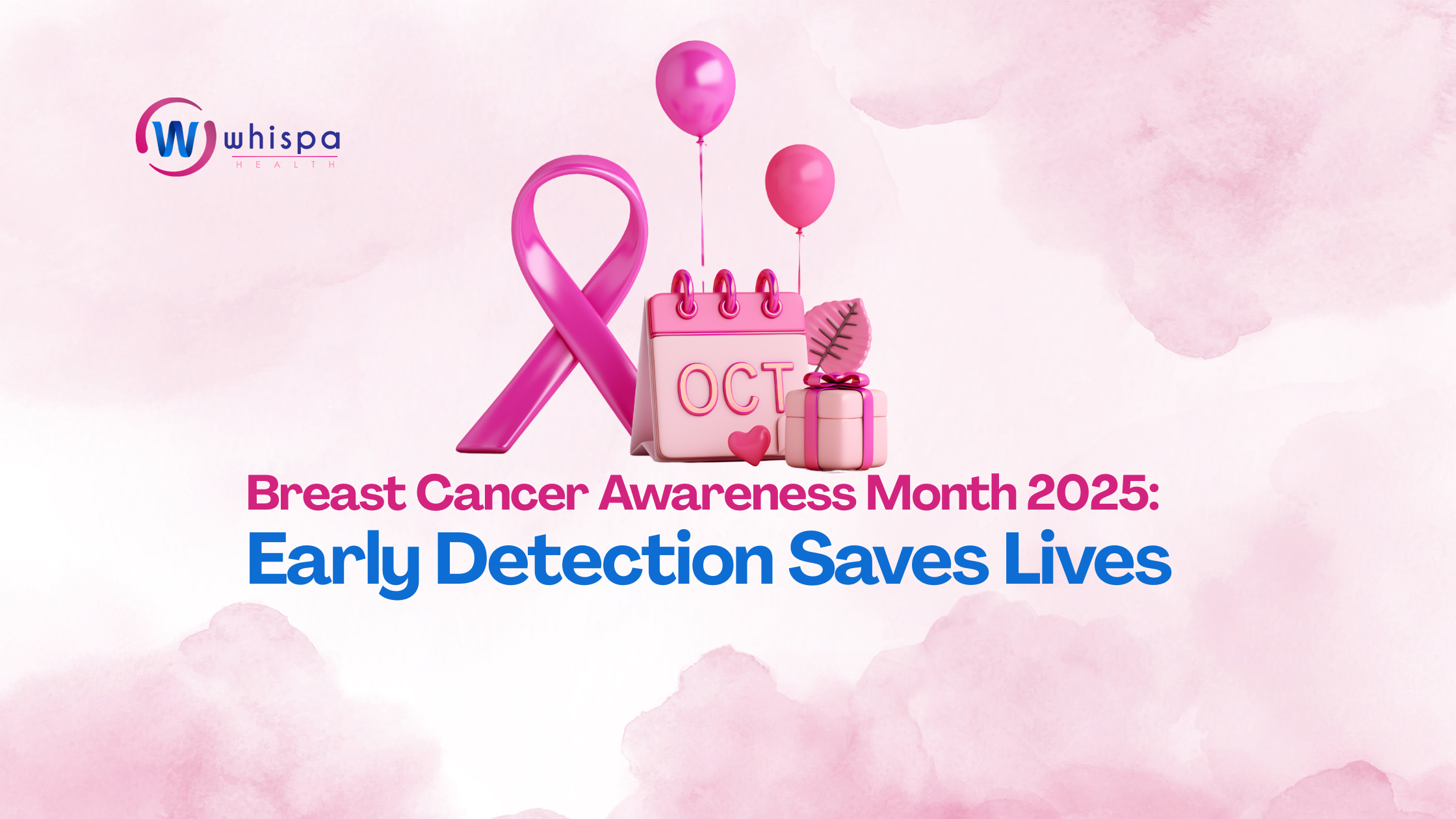1. HIV
Human immunodeficiency virus (HIV) is the most common STI to all and sundry. It causes disease in a roundabout way. It attacks the immune system, leaving its host extremely vulnerable to infections and disease. This infection transmits through sex, blood transfusion, pregnancy (if the mother is not using HIV medication), and sharing of sharp objects like needles and syringes, and less commonly through breastfeeding.
With treatment, the amount of HIV present within the body reduces to a very low level. People who take HIV medicines as prescribed and get an undetectable viral load have effectively no risk of transmitting HIV to an HIV-negative partner through sex. Though to keep the viral level continuously undetectable, the person should never stop taking their medicines and go as often as recommended for a viral load test. This has enabled couples where one partner is negative and the other positive to continue to have a healthy sex life and in some cases to use condoms without any lingering fear from the HIV negative partner.
2. CHLAMYDIA
Chlamydia trachomatis (C. trachomatis) only infects humans. It is the most common infectious cause of Sexually Transmitted Diseases globally.
Symptoms in women include:
- Abdominal or Pelvic Pain in Women
- Extremely painful sex either occasionally or every time
- bleeding when you’re not on your period
Symptoms in men include:
- White, cloudy or watery discharge from the penis
- Discomfort when urinating
- Bulging in the testicles
- Disconfort or bleeding in the anus
3. GONORRHEA
The bacterium Neisseria gonorrhoeae is the causal agent. It can affect the urethra, eyes, throat, vagina, female reproductive tract, anus. If left untreated, this STI could cause infertility in women.
Symptoms include:
- Pus-like discharge from the penis/vagina (white, yellow, beige, or greenish)
- Swelling at the tip of the penis/testicles
- A chronic sore throat
- Discomfort/pain while urinating
- Persistent urination
- Usually heavy menstrual flow and
- Discomfort while having sex
4. CHANCROID
Streptobacillus Haemophilus ducreyi causes Chancroid. It causes painful sores on the genitals and is only spread through sexual contact.
Symptoms of this disease usually occur within four to ten days after contact. The sore begins as a soft, elevated bump that becomes a pus-filled, open sore with eroded or ragged edges. In addition, the sore can be very painful in males but females are sometimes not aware of its existence. Painful lymph nodes can sometimes occur in the groin
This STI can be treated with antibiotics prescribed by a doctor.
5. HERPES
The Herpes Simplex Virus (HSV) is the cause of Herpes, a chronic STI. Our focus for this article is on Herpes Type 2.
- Herpes-type 1: Is transmitted through sharing straws, eating utensils, and kissing and primarily causes oral herpes, and is generally responsible for cold sores and fever blisters around the mouth and on the face.
- Herpes-type 2: Is transmitted through sexual contact (anal, vaginal, or oral sex) and is generally responsible for genital herpes outbreaks.
Symptoms include:
- Blisters on the penis or vulva
- Blisters and sores on the women’s cervix
- Pain/Discomfort while urinating
- Sores around the mouth
How To Practice Protected Sex
Your safety is in your hands to reduce the risk of catching any STIs. Make sure you are practising safe sex. Here are the ways to achieve this:
- Use a condom for any type of sexual intercourse
- Keep the number of sexual partners you have low.
- Engage in honest conversations with any new partner(s) on your sexual history, particularly if any of you has or suspects you have an STI. Now is the right time to let yourselves know
- Go for STD tests before starting any committed sexual relationship
- Try as much as possible to avoid having sex when your judgment is impaired by drugs or alcohol.
On a final note, while HIV is rarely transmitted through oral sex, you can get many other STDs from oral sex. And, if you get feces in your mouth during anus-mouth oral sex, you can also get hepatitis A and B, parasites like Giardia, and bacteria like Shigella, Salmonella, Campylobacter, and E. coli.
Got questions? Chat with our doctors on WHISPA today.




